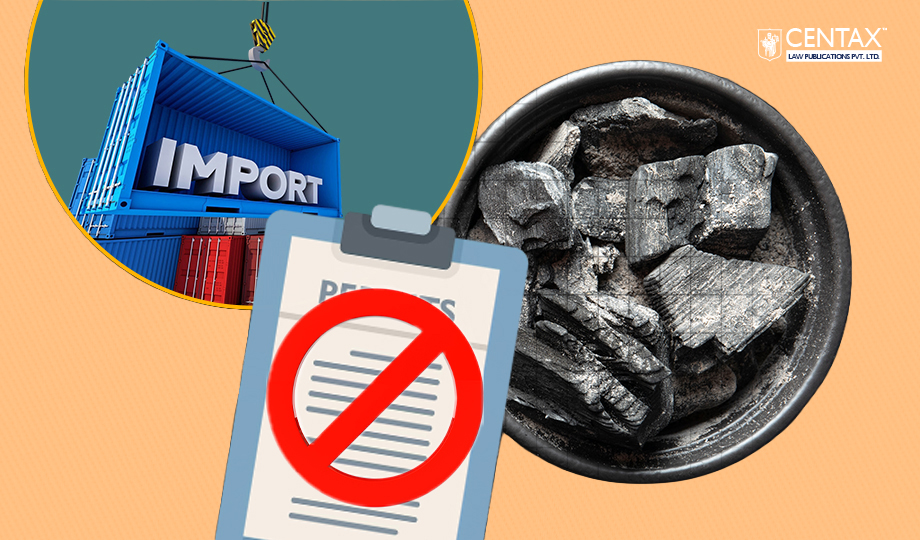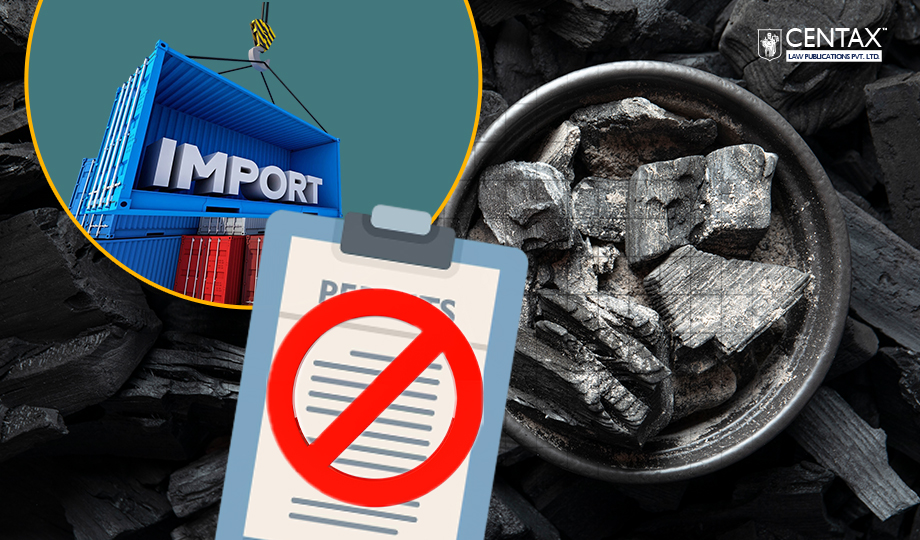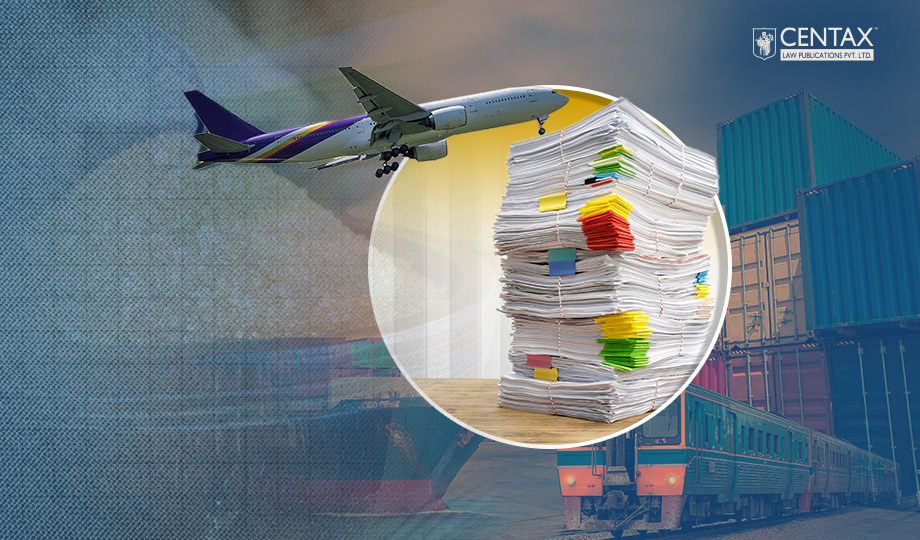
Notification No. 20/2025-26, Dated 23-06-2025
The Directorate General of Foreign Trade (DGFT) has issued a notification amending Para 2.03(A)(i)(g) of the Foreign Trade Policy (FTP), 2023, bringing key changes to the Export Obligation (EO) period applicable to imports made under the Advance Authorisation scheme.
1. Revision of 180-Day Export Obligation Rule
Previously, imports under Advance Authorisation for certain notified products were subject to a restricted EO period of 180 days from the date of import clearance. Under the amended provisions:
- The 180-day EO restriction will now apply only to chemical products that are covered under mandatory Quality Control Orders (QCOs) issued by the Department of Chemicals & Petrochemicals (DCPC).
- The reference to textile products notified under QCOs by the Ministry of Textiles has been removed from the scope of this restricted EO clause.
2. Impact on Textile Product Imports Under Advance Authorisation
As a result of this amendment:
- Advance Authorisation holders importing textile products that are subject to QCOs issued by the Ministry of Textiles will no longer be bound by the 180-day EO restriction.
- These imports will now be governed by the general export obligation period specified in Para 4.40 of the Handbook of Procedures (HBP), which offers a more flexible timeline for fulfilment.
3. Implications for Trade and Compliance
This policy revision is expected to:
- Ease compliance pressure on exporters dealing in QCO-covered textile products
- Provide greater flexibility and planning time for fulfilment of export commitments
- Align the EO conditions more appropriately with sector-specific operational realities
4. Conclusion
With this amendment, the DGFT has streamlined the Advance Authorisation policy by limiting the stricter 180-day EO requirement solely to chemical products notified by the DCPC. Exporters of textiles can now operate under the broader EO timelines as outlined in the Handbook of Procedures, thereby improving operational efficiency and reducing the risk of non-compliance.



















